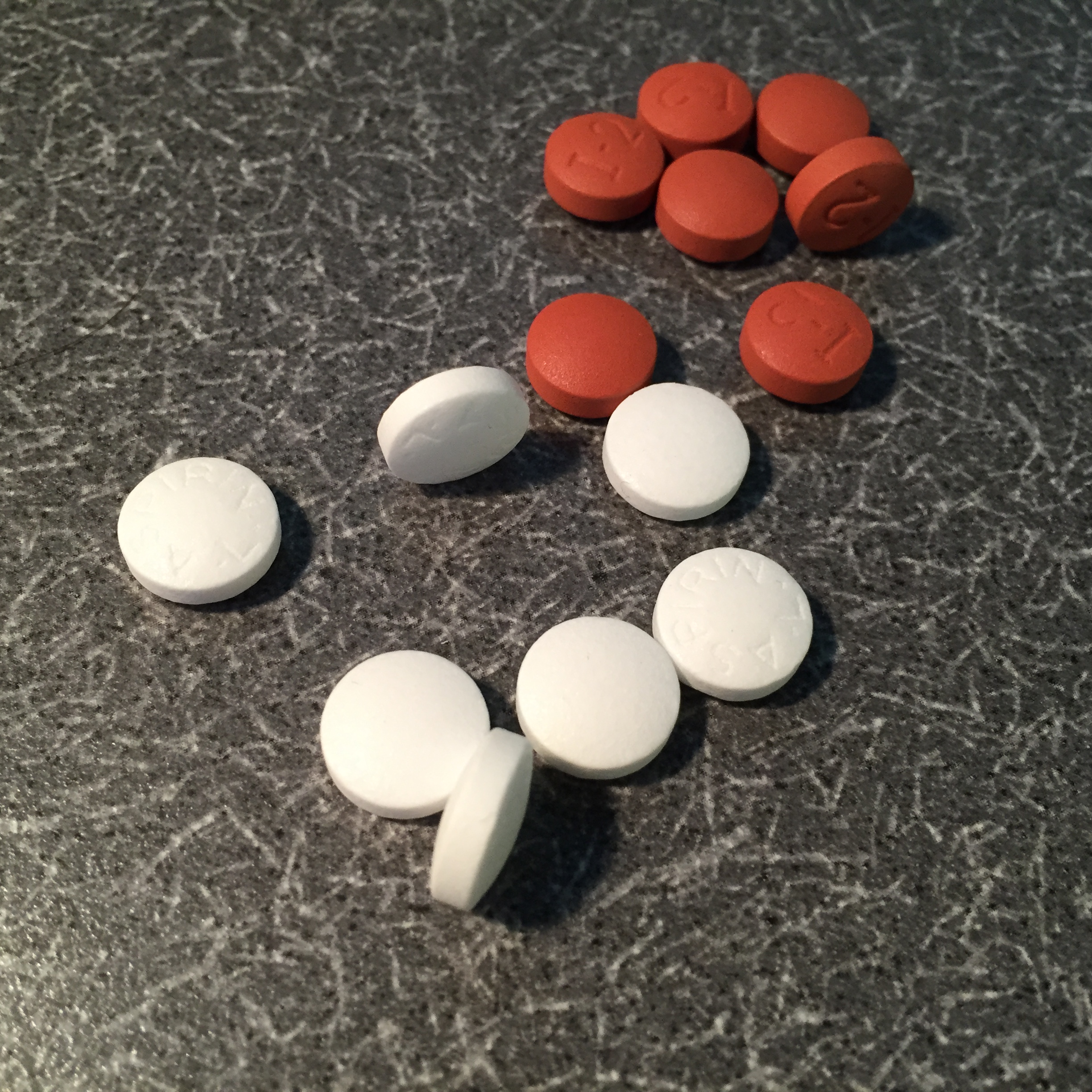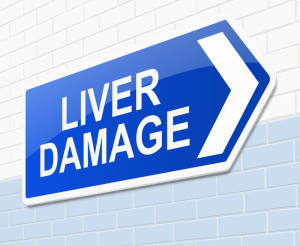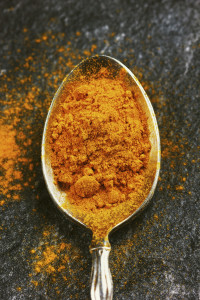Dangers of NSAID Pain Relievers
 How NSAIDs Cause Harm
How NSAIDs Cause Harm
Non-steroidal anti-inflammatory drugs (NSAIDs) are a group of substances that work by blocking the body’s COX-2 enzyme. This enzyme controls production of prostaglandins, the body’s inflammatory hormones. By blocking COX-2 and therefore prostaglandin production, pain and inflammation are suppressed. Common NSAIDs include ibuprofen, acetaminophen, naproxen and even aspirin.
NSAIDs may take away your aches and pains, but they can cause a host of other problems in the process. One of the most common side effects of chronic NSAID use is gastric ulcers. It turns out that prostaglandins are essential for protecting the lining of the stomach. Because NSAIDs stop prostaglandins from being made, the stomach lining is slowly destroyed and ulcers form. In serious cases, NSAID use can cause such severe gastric damage that it results in a gastrointestinal bleed, a life-threatening situation.
 Liver failure is another potential side effect of NSAID use. The drugs must pass through the liver to be processed, and the metabolic by-products from this process are extremely toxic. These metabolic by-products of NSAID breakdown are also toxic to the kidneys. People who have pre-existing liver or kidney problems are at an especially high risk of liver or renal failure from taking NSAIDs.
Liver failure is another potential side effect of NSAID use. The drugs must pass through the liver to be processed, and the metabolic by-products from this process are extremely toxic. These metabolic by-products of NSAID breakdown are also toxic to the kidneys. People who have pre-existing liver or kidney problems are at an especially high risk of liver or renal failure from taking NSAIDs.
If that’s not alarming enough, NSAID use has also been linked to higher risks of stroke and heart attack. Research has found that the drugs can cause hypertension and atherosclerosis, a dangerous combination. High blood pressure can cause the brittle plaques on the artery walls to break off. When this happens, they may become lodged in the arteries of the brain or heart, cutting off blood flow.
Usage of NSAID’s
NSAIDs are the most widely used over-the-counter medication in the United States, and over 30 billion doses are taken each year. Even when NSAIDs are correctly used, on average, complications from them are to blame for more than 100,000 hospital admissions every year, and ultimately result in about 20,000 deaths. Between the years of 1984 and 2009, roughly 1.7 million people have been hospitalized for NSAID-related problems. Approximately 300,000 of these cases involved death due to gastrointestinal bleeds, not an insignificant number.
 Alternatives to NSAIDs
Alternatives to NSAIDs
The increasing amounts of research showing the dangers of NSAID use are causing more people to seek natural alternatives. These often include foods like ginger, cayenne, garlic and turmeric. Of these, turmeric is the most widely used and most effective.
What Is Turmeric?
Turmeric root comes from the tropical plant Curcuma longa, a member of the ginger family. The chemicals that give turmeric its color, curcuminoids, are also what give it its medicinal value. The most effective form of turmeric supplement is turmeric standardized extract, which contains larger and more reliable quantities of curcumin and its related compounds.
The History of Turmeric
Turmeric has been used as both food and medicine for at least 4,000 years throughout parts of Asia. It has a long history of use in Ayurveda, a traditional Indian system of natural medicine. It was often prescribed for aches and pains, liver disorders, skin conditions, gastrointestinal disorders and sprained muscles.
The Benefits of Taking Turmeric
The benefits of taking turmeric extract are many. Unlike NSAIDs, turmeric actually helps protect the liver from drug-induced damage. Instead of causing stomach damage, turmeric supports a healthy stomach lining and proper digestion. Moreover, several studies have revealed that the curcuminoids in turmeric induce apoptosis, or programmed cell death. Apoptosis is a normal process necessary for the optimal development of healthy cells, which means that turmeric may provide protection against cancer.
It’s also a great pain reliever. It works by blocking a neurotransmitter called “Substance P”, your body’s pain signal carrier. Indeed, many researchers are now recommending turmeric as a viable alternative to NSAIDs.
Are There Any Turmeric Side Effects?
One of the best features of turmeric is that it’s one of the safest options available. In some people, its ability to thin the blood and reduce blood pressure may present a problem. However, other side effects from turmeric are virtually unknown.
If you’re worried about the dangers of NSAIDs and are looking for a safe, natural alternative, consider trying turmeric. If you’re not keen about using ground turmeric root regularly in your cooking, you can opt for a turmeric curcumin supplement. With additional curcuminoids from a potent turmeric extract, it’s an ideal way to reduce pain and inflammation while supporting many other aspects of your health.
If you’ve enjoyed this article, please link back to us at:
[https://goldsourcelabs.com/?p=1033]

Leave a Reply